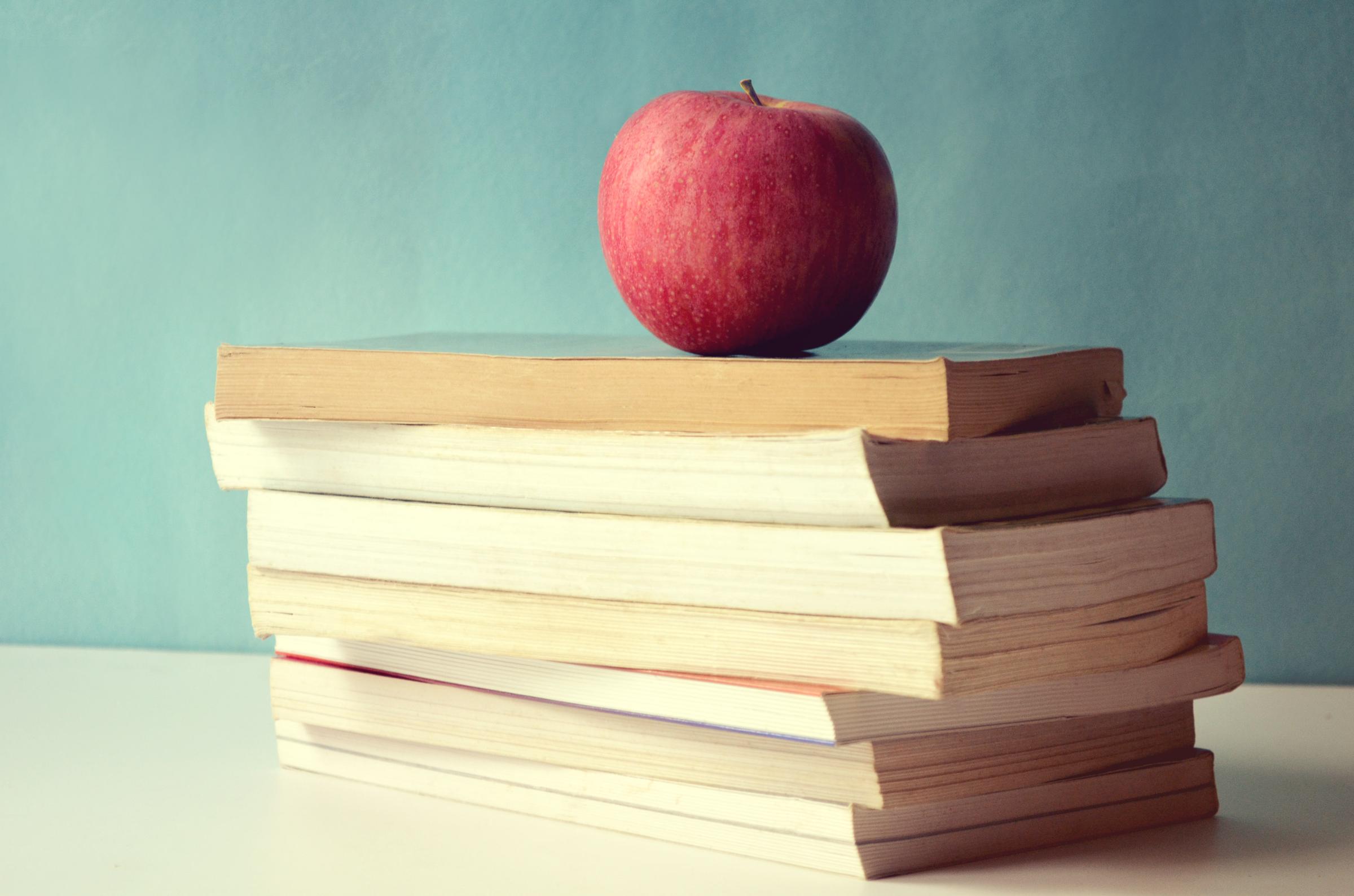Curriculum

NAPLAN
The 2017 NAPLAN results became available to both schools and parents late term #3 and overall, the results from both our year three and five classes were quite pleasing.
NAPLAN has also become a useful tool at TSPS to track progress and identify areas for improvement. One of the data sets that allows us to do that comprehensively is the ‘Relative Growth Report’. This report helps us to identify the general pattern of our students’ relative growth for a year level in all curriculum areas. Relative growth information has become useful when evaluating the effectiveness of teaching and learning programs delivered at TSPS. The report also shows this information broken down by the students’ NAPLAN band results from two years prior.
The relative growth of students that were originally tested at TSPS in 2015 (year 3) compared to the 2017 results (year 5), showed there was outstanding progress in most areas when compared to the state growth. It gives us confidence that we are targeting all students’ points of needs in multiple curriculum areas on a day-to-day basis. Please see below some of the outcomes from the Relative Growth Report in 2017. We are tracking extremely well against state growth:
Major Events In Term #4 Linked To The Curriculum:
It is a very busy term ahead, with plenty of events planned linked to the curriculum, along with many other special events. Some of these include:
NOVEMBER 5TH: Curriculum Day (no students required at school)
NOVEMBER 6TH: Melbourne Cup Holiday
NOVEMBER 13TH – 24TH: Grade 3-4 Bike Ed Program
The aim of the Bike Ed program is to enable students aged 9 to 13 years to develop the knowledge, skills and behaviours to ride a bicycle safely and independently. More information around the importance of Bike Ed can be found at https://www.vicroads.vic.gov.au/safety-and-road-rules/road-safety-education/primary-schools/bike-ed
DECEMBER 4TH – 15TH: Grade Prep-2 Swim Program
The aim of the Swim program is to get students used to being in water and teaches them how to learn or extend their current skills in swimming. It is also important because it not only gives your child the life skills around the water, it also teaches them how to survive in water if an accident occurs.
DECEMBER 4TH – 8TH: Grade 3-6 Camp Programs
This year’s camp program at Lake Dewar will enable students to further develop their learning and social skills through an exciting range of outdoor experiences. Final payments are due shortly. Please visit http://www.camps.ymca.org.au/locate/lake-dewar.html to see what exciting challenges are ahead for all the students attending in December.
News From The Inquiry Desk
A big Inquiry project in underway with the grade 3/4 cohort looking to inquire about how we can engage in partnerships with our surrounding community (see below).
One particular group of students have become curious about how they can collaborate to better our physical community here at TSPS. One suggestion has been to inquire about the creation and setting up of Gaga Pits on TSPS grounds https://www.youtube.com/watch?v=i-k8Ot-r_tM (see below):
Students will commence inquiring about costs and financial planning and write persuasive pieces to ask for funding from local businesses, location exercises to determine suitability of pits etc.
Watch this space…..hopefully you may see some new exciting structures erected before the end of the year.
Another Inquiry project is also underway in the grade 1/2 cohort this term. The students have begun an Inquiry unit into History; specifically looking at Indigenous histories, communities past and present, personal histories and the history of technology.
As part of the Inquiry cycle, the grade 1/2 cohort planned excursions to Sovereign Hill which were an integral part of the Inquiry Learning for Term 4. They were part of the ‘going further’ phase of the Inquiry process which allowed students to extend their understanding of the topic and to present students with another dimension of Australia’s history (the Gold Rush). On the excursion, students examined the changes to the way we live, play and work now in comparison to the earlier stages of Victorian settlement. The excursion immersed students in games of the day, clothes and different housing styles of the time.





